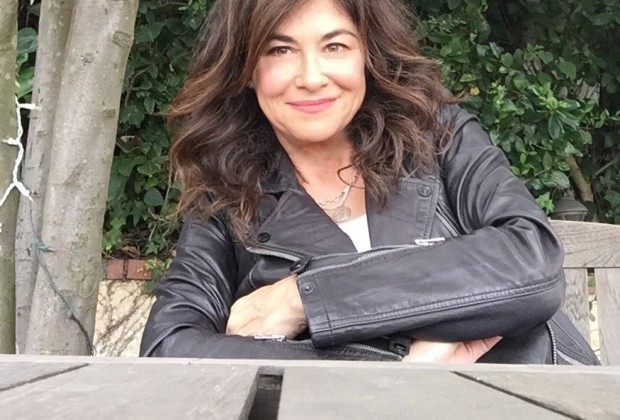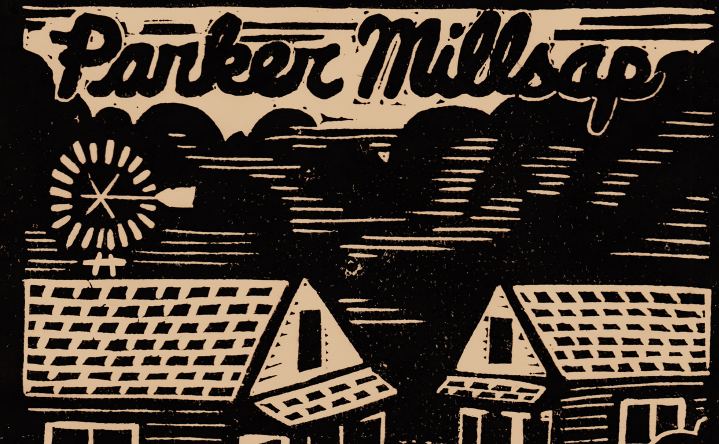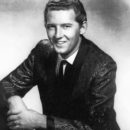Get to Know the Woman Behind the Hits and What She Credits for Her Success
Penning a memorable three-minute song versus writing the voluminous text of a book: Two very different endeavors, says songwriter-turned-author Shelly Peiken. “Songwriting requires a whole different commitment from my brain. This book became my priority.”
Confessions of a Serial Songwriter, new this month from Backbeat Books, may be Peiken’s inaugural outing as an author, but she has had plenty of opportunities to polish her prose. Preceded by her “Confessions of a Serial Songwriter” blog, the book offers a gateway into the psyche and emotions of a wife and mother who balances her real life responsibilities with a demanding career in an ever-shifting musical landscape.
With 20 years of hits, Shelly Peiken certainly knows of what she writes. Her best-known songs include the Grammy-nominated “Bitch” by Meredith Brooks and two No. 1 Christina Aguilera songs, “What a Girl Wants” and “Come On Over Baby.” Among her hundreds of worldwide cuts are “Almost Doesn’t Count” for Brandy, “Human” by The Pretenders, “I Wanna Be With You” for Mandy Moore and “Stumble” by Natasha Bedingfield. Additionally, artists like Michelle Branch, Keith Urban, Natalie Cole, Celine Dion, Cher, ‘NSYNC, Backstreet Boys and Reba among others have benefited from Peiken’s songwriting prowess, as have feature films and television shows.
When she first reached out to book publishers, she says they requested lurid details, colossal social media numbers and a celebrity endorsement. “Sex and drugs, one hundred thousand Twitter followers and a foreword by Christina Aguilera,” she says. “That’s not the book that I wanted to write. What I talk about is this: If you want to be in the business, here are the obstacles and here are the realities.”
Throughout the chapters, readers will trace Peiken’s path from her home state of Maryland to New York City to Hollywood. Throughout, the maneuvers behind the songs are insightful. An 11-year span from her first cut to her first hit confirms the hard-won truths that weigh into this compelling narrative.
Shelly Peiken references sitting at her piano, and having songs fall out of the sky. “Some beautiful things happen. But just because it happened once doesn’t mean that it will again,” she qualifies. “A song might come when it is completely inconvenient. I could be shaving my legs without something to write on—that’s when it finds me.”
The challenge of maintaining her relevance in this modern music business is a subject that Peiken doesn’t shy away from. “Do I want to write with everybody my age? Not necessarily. If I’m working with youthful writers who appreciate wherever I am coming from, maybe they will take my idea and frame them in their vernacular.”
She views the current marketplace for songs as akin to the children’s game of “Musical Chairs,” with the chairs symbolizing opportunities for songs to find homes. “There used to be 10 chairs and 15 people—now it’s 10 chairs and 150 people competing for those same spots. Technology has made it possible for people who wouldn’t have been songwriters to qualify. You don’t have to play an instrument; you can program music. This is not to put a value judgment on it. This is what has changed the culture and made so many more able to participate. So there are more people on a song, and we’re paid less because the pie is smaller. And there are no album cuts anymore.”
Through her blog, Shelly Peiken has tapped into a loyal readership. “These are all people in my community now. I don’t think I could have been lifted and propelled without them,” she notes of her readers. She has also inaugurated a weekly on-air radio show through ochitfactory.com.
“The book is a way for me to find answers to ‘What do I want to do now? Are there other ways for me to express myself?’ After more than 20 years of writing songs I needed to do something I didn’t know how to do, where I could grow and learn. I needed to walk on uncharted territory.”
Contact her via shellypeiken.com













